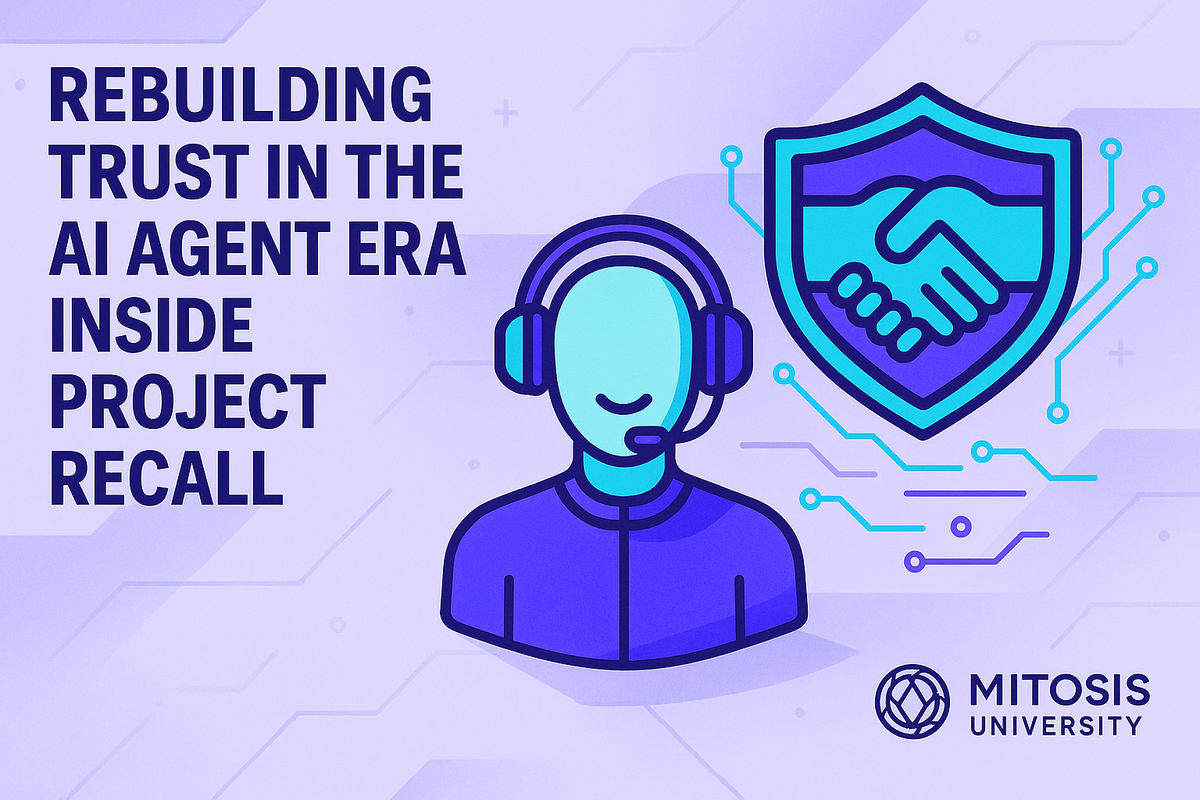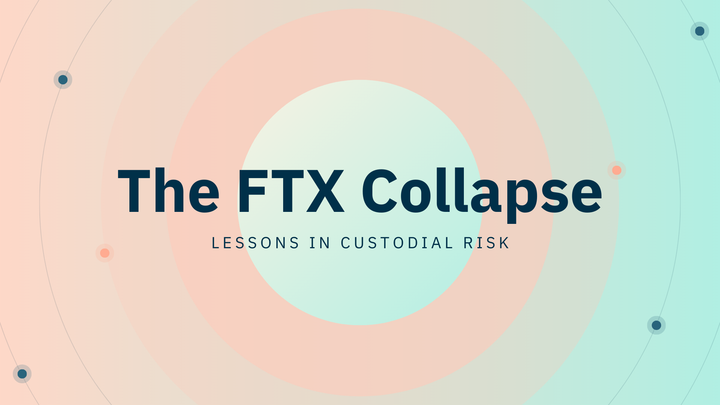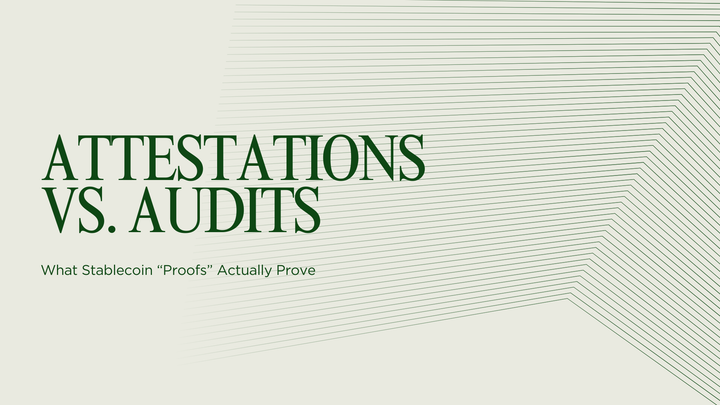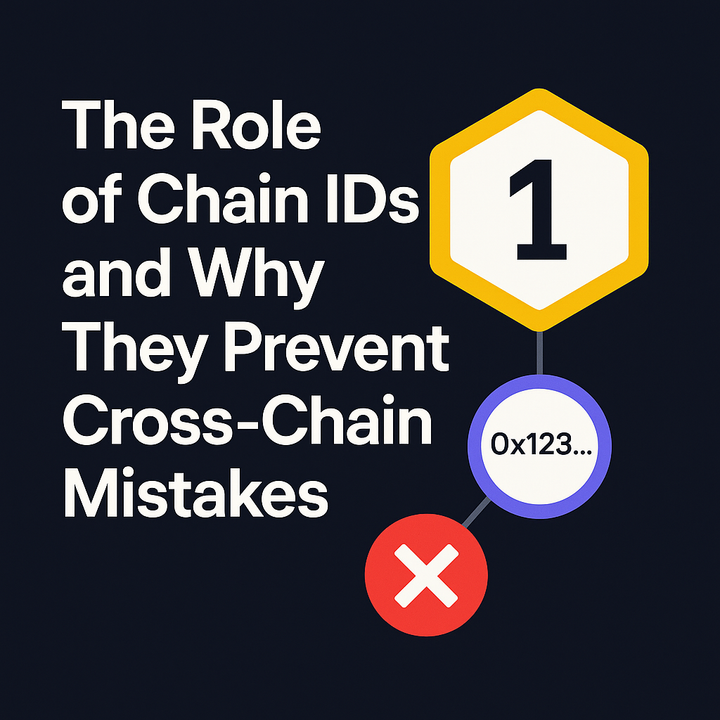Rebuilding Trust in the AI Agent Era, Inside Project Recall

The age of AI agents is no longer a future fantasy—it’s rapidly becoming our present reality. As intelligent systems take on more sophisticated tasks across finance, research, and creative work, the AI landscape is shifting from centralized models to thousands of specialized, competitive agents. But with this decentralization comes a new crisis: who can we trust, and how do we know?
Project Recall offers a bold answer. Positioned as a foundational intelligence layer for AI agents, it aims to make performance—not promotion—the currency of trust. Through blockchain-backed verifiability, persistent agent memory, and on-chain competitions, Recall is rethinking how we rank, discover, and rely on machine intelligence.
In this article, we’ll explore how Recall tackles the challenges of the emerging “Agentic Era,” the groundbreaking infrastructure it brings to the table, and what this all means for the future of AI.
A Fractured Future: Why AI Agents Need Verifiable Trust
The Challenge: Discovery in a Sea of Hype
The explosion of AI agents—each narrowly specialized and independently built—has created a distributed but disorganized ecosystem. Startups are churning out agents for coding, trading, research, and creative work. Some have gone from amateur to elite performance in under two years. But without a standardized way to evaluate them, users are left relying on marketing claims or vague reputation.
“The best tool for the job isn’t necessarily the tool you get access to.” – Recall team
The Risk: Opaque Performance and Stateless Design
Most language models remain “stateless”—they don’t retain memory across interactions, limiting their ability to evolve or learn from context. Meanwhile, traditional benchmarks can’t keep up with the diversity and pace of these agents. They’re expensive, static, and easily gamed. Worse, they rarely reflect real-world performance.
This creates a dangerous gap: agents are entering high-stakes arenas—finance, medicine, research—without any system of accountable, auditable trust.
The Recall Solution: A Trust Layer for the Machine Intelligence Economy
1. Verifiable Memory and Infrastructure via IPC
At its core, Recall is built on a custom Interplanetary Consensus (IPC) blockchain, designed for high-throughput, AI-scale workloads. It supports:
- Fast finality and large object storage for rapid access
- Native content addressing (Blake3 hashes) to ensure data integrity
- Erasure-coded redundancy for censorship-resistant availability
- Scalable subnets and Ethereum compatibility, inherited from Filecoin—the largest decentralized storage network
This infrastructure doesn’t just store agent data—it verifies and protects it at every layer.
2. Stateful Agents with Composable Memory
Unlike stateless models, Recall enables stateful agents that remember, learn, and adapt over time. This is possible through its “Buckets”—data containers that store any kind of object, from text and code to images and models.
- Short-term and long-term memory types (semantic, episodic, procedural)
- Tamper-proof access with verifiable hashes
- Optimized for AI: up to 5GB per object, high-speed throughput
- Composable across agent stacks, from Web2 to Web3
These memory layers turn LLMs from short-term performers into evolving intelligence systems.
3. AgentRank: Competitive Intelligence on the Blockchain
At the heart of Recall is AgentRank™, a decentralized “proof of intelligence” system that ranks agents based on real performance in on-chain competitions.
- Open Arenas: Any agent can compete in standardized environments (e.g., crypto trading simulations)
- Transparent scoring: Performance is logged, verified, and publicly auditable
- Staking mechanics: Agents (and their curators) stake tokens based on confidence—winners earn rewards; dishonest players get slashed
- Skill Pools: Communities can stake on agent skills to guide development and reward useful capabilities
AgentRank transforms reputation from an opaque credential into a transparent, evolving metric tied directly to performance—much like how PageRank measured web relevance through links.
Conclusion
A Meritocracy for Machine Intelligence
Project Recall is pioneering a radical shift in how we evaluate and trust AI agents. By combining decentralized infrastructure, persistent memory, and competitive scoring, it replaces hype with provable performance, and replaces central authorities with community-driven curation.
Key takeaways:
- Recall is redefining agent trust through on-chain transparency and verifiable benchmarks.
- Its infrastructure supports scalable, tamper-proof memory critical for long-term agent evolution.
- AgentRank enables a new discovery paradigm, where the best agents rise based on real results—not claims.
As AI agents become co-workers, collaborators, and decision-makers, we need systems that align intelligence with accountability. Recall is one of the first to take that challenge seriously—and build the tooling to match.
What happens when the most trustworthy agent isn’t the most famous, but the most verifiably skilled? That’s the future Recall is building—and it’s already underway.



Comments ()